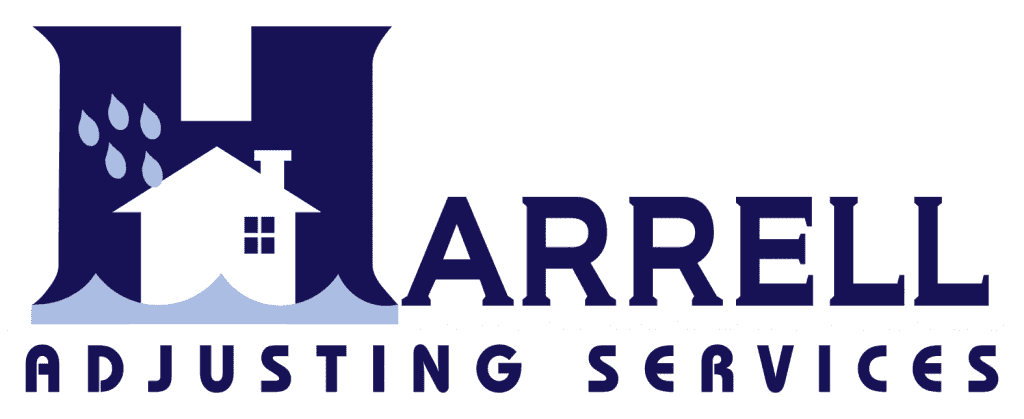In the world of business, risk is a given. From accidents on your premises to unforeseen losses due to natural disasters, there is an array of scenarios that can result in significant financial loss. To mitigate these risks, businesses invest in insurance policies, trusting that they can rely on them in times of need.
But what happens when your business insurance claim gets denied? It’s a frustrating situation, no doubt. And it’s not uncommon. Several types of business insurance claims are often denied by insurance companies. Understanding these scenarios and the reasons behind the denial can help you proactively approach your claim filing process, and boost your chances of approval.
1. Property Damage Claims
Property damage claims are among the most commonly denied. These claims can range from damage caused by natural disasters to vandalism. Denial is often due to the lack of clarity in the policy about what exactly is covered. For example, while your policy may cover damage from a storm, it might not cover flood damage, which is typically covered under a separate policy.
Tip: Make sure you understand your policy’s terms and conditions thoroughly. Ensure that it covers all the potential risks that your business may face. If anything is unclear, discuss it with your insurance provider or a legal professional.
2. Workers’ Compensation Claims
Insurance providers frequently deny workers’ compensation claims. The reasons vary: sometimes it’s because the injury didn’t occur within the scope of employment, or there was a delay in reporting the injury, or the claim lacks sufficient medical evidence.
Tip: Encourage immediate reporting of workplace injuries, and ensure all injuries are adequately documented by medical professionals. Educating your employees about the importance of prompt reporting and documentation can increase the odds of claim approval.
3. Business Interruption Claims
Business interruption claims provide compensation for lost income due to a covered peril, like a fire or a natural disaster, which forces a business to halt operations temporarily. These claims are often denied if the interruption period is shorter than the policy’s waiting period, or if the loss incurred does not align with the policy’s definition of “business income.”
Tip: Ensure that you understand the “waiting period” and “business income” as defined by your policy. Be meticulous in documenting your regular business income to make a strong case in the event of an interruption claim.
4. General Liability Claims
Liability claims, such as those related to customer injuries, product liability, or third-party property damage, are often denied due to the policy’s exclusions or limitations. Insurance companies may reject a claim if they believe the business was negligent or could have prevented the incident.
Tip: Implement and maintain a robust risk management strategy to minimize potential liabilities. Regularly reviewing your operations and premises for safety can mitigate the chance of an accident occurring, thus minimizing potential claim denial.
- Cyber Liability Claims
In our increasingly digital world, cyber liability claims are becoming more common. These claims cover losses related to data breaches, hacking, and other cyber threats. However, these claims can be denied if the business hasn’t adhered to necessary security measures or protocols, as defined by the policy.
Tip: Establish and follow comprehensive cybersecurity policies and procedures. Regular security audits, encryption, strong password protocols, and staff training can reduce your risk and strengthen your claim in case of a cyber incident.
Ensuring a Smooth Claim Process
To reduce the risk of claim denial, consider these general tips:
- Understand your policy
Know what is covered, what isn’t, and the specific terms and conditions. If there’s any ambiguity, seek clarification. - Document Everything
In the event of a claim, you need evidence. Maintain comprehensive records of business operations, property, inventory, safety protocols, and any incidents or losses. - File promptly
Delays in claim submission can often lead to denial. Filing promptly shows your insurer that you are proactive and diligent about the claim. - Communicate effectively
Provide clear, accurate, and detailed information when filing a claim. Insufficient or ambiguous information can lead to misunderstandings and claim denial.
Navigate your Insurance Claim with Harrell Adjusting Services
Business insurance plays a crucial role in safeguarding your enterprise. Knowing the common reasons for claim denial and following these tips can help ensure your claim process is smooth, improving your chances of a favorable outcome. But remember, when in doubt, seek professional advice from our team at Harrell Adjusting Services. We can help you navigate the complexities of business insurance claims.



GET IN TOUCH
Give Us A Call or Schedule A Free Consultation
Services
Residential Services
Commercial Services
Boat Claims Services
Contact Us
Phone: 863-845-0759